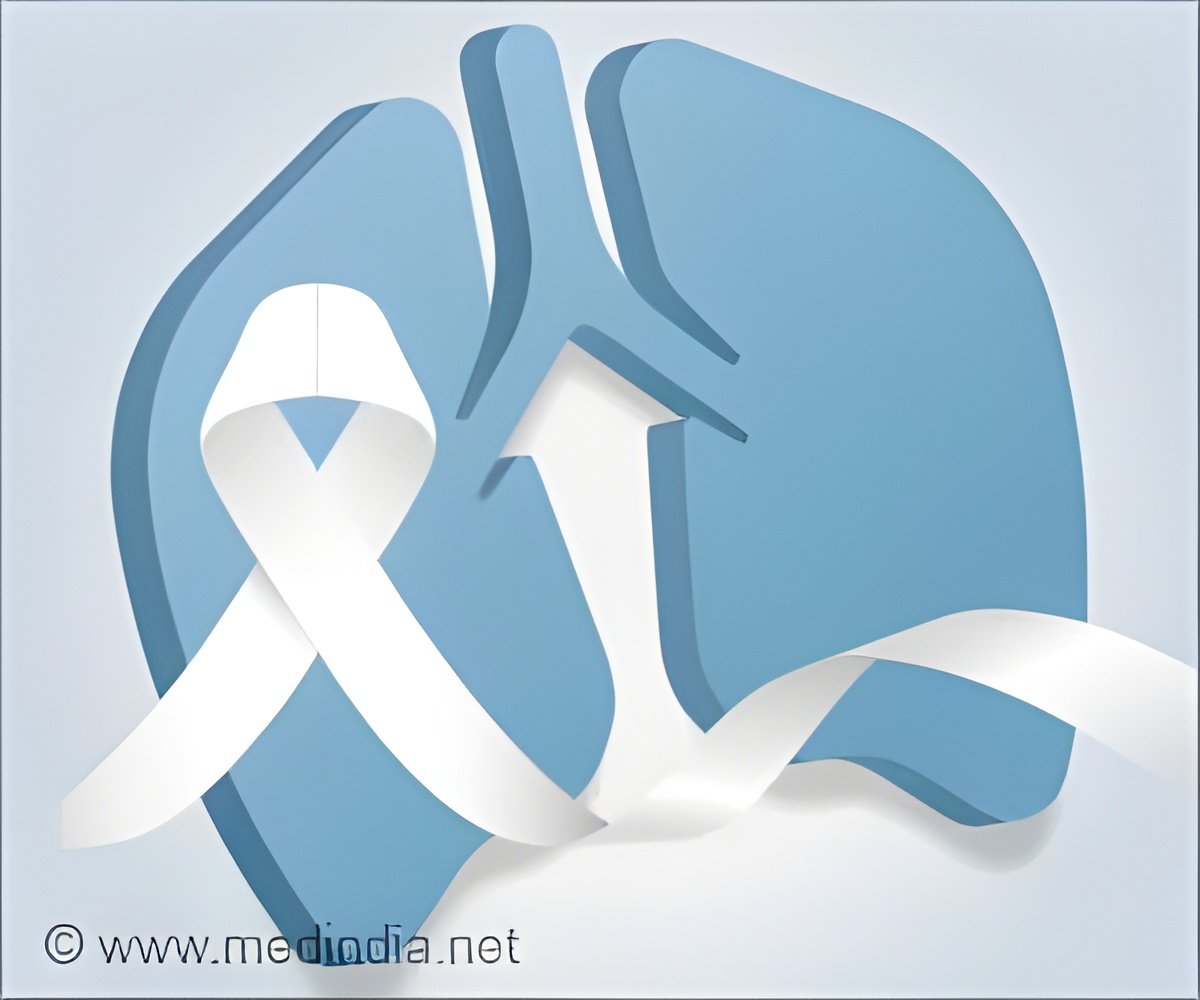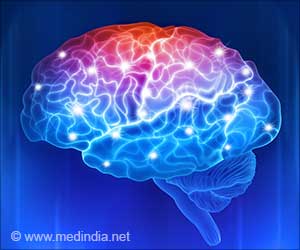
Study investigators have employed artificial intelligence technologies to understand the risks associated with particular cardiac arrhythmias when different regions of the heart are subjected to varying levels of radiation during lung cancer treatment. The study has been done by researchers from Brigham and Women’s Hospital, a founding member of the Mass General Brigham healthcare system. Their findings have been published in JACC: CardioOncology.
“Radiation exposure to the heart during lung cancer treatment can have very serious and immediate effects on a patient’s cardiovascular health,” said corresponding author Raymond Mak, MD, of the Department of Radiation Oncology at Brigham and Women’s Hospital. “We are hoping to inform not only oncologists and cardiologists, but also patients receiving radiation treatment, about the risks to the heart when treating lung cancer tumors with radiation.”
The introduction of artificial intelligence tools in the healthcare sector has been revolutionary, with the capacity to significantly transform the continuum of care, particularly in developing treatment strategies for cancer patients. Mass General Brigham, recognized as one of the leading integrated academic health systems and the largest innovation enterprise in the country, is at the forefront of conducting thorough research on novel and emerging technologies to guide the responsible integration of AI into healthcare delivery (1✔ ✔Trusted Source
Cardiac Substructure Radiation Dose and Associations With Tachyarrhythmia and Bradyarrhythmia After Lung Cancer Radiotherapy
).
How Radiation Therapy for Lung Cancer Is Linked to Cardiac Damage
For patients receiving radiation therapy to treat non-small cell lung cancer (NSCLC), arrhythmias or irregular rhythms of the heart can be common. Because of the close proximity of the heart to the lungs and with NSCLC tumors being near or around the heart, the heart can receive collateral damage from radiation dose spillage meant to target the cancer tumors. Prior studies have found that this type of exposure to the heart is associated with general cardiac issues. However, this nuanced study demonstrated that the risk for different types of arrhythmias can vary significantly based on the pathophysiology and cardiac structures that are exposed to different levels of radiation (2✔ ✔Trusted Source
Researchers use AI tools to uncover connections between radiotherapy for lung cancer and heart complications
).
In order to classify the types of arrhythmias that are associated with cardiac substructures receiving radiation, researchers conducted a retrospective analysis on 748 patients in Massachusetts, who were treated with radiation for locally advanced NSCLC. The arrhythmia subtypes catalogued included atrial fibrillation, atrial flutter, other supraventricular tachycardia, bradyarrhythmia, and ventricular tachyarrhythmia or asystole.
The team’s statistical analyses indicated that about one out of every six patients experienced at least one grade 3 arrhythmia with a median time of 2.0 years until the first arrhythmia. Grade 3 classifications are considered serious events that likely need intervention or require hospitalization. They also found that almost one-third of patients who experienced arrhythmias also suffered from major adverse cardiac events.
Cardiac Complications Can Be Reduced By Limiting Exposure of Radiation to Specific Areas of Heart
The arrhythmia classes outlined in the study did not entirely encompass the range of heart rhythm issues that are possible, but the authors note that these observations still create a better understanding of the possible pathophysiology pathways and potential avenues for minimizing cardiac toxicity after receiving radiation treatment. Their work also offers a predictive model for dose exposure and the type of expected arrhythmia.
Advertisement
For the future, the researchers believe that radiation oncologists should collaborate with cardiology experts to better understand the mechanisms of heart injuries and their connection to radiation treatment. In addition, they should take advantage of modern radiation treatment to actively sculpt radiation exposure away from the specific cardiac regions that are at high risk for causing arrhythmias. According to Mak, this study, alongside previous research, will help with surveillance, screening, and informing radiation oncologists on which parts of the heart to limit radiation exposure to, and in turn, mitigate complications.
“An interesting part of what we did was leverage artificial intelligence algorithms to segment structures like the pulmonary vein and parts of the conduction system to measure the radiation dose exposure in over 700 patients. This saved us many months of manual work,” said Mak. “So, not only does this work have potential clinical impact, but it also opens the door for using AI in radiation oncology research to streamline discovery and create larger datasets.”
Advertisement
References:
- Cardiac Substructure Radiation Dose and Associations With Tachyarrhythmia and Bradyarrhythmia After Lung Cancer Radiotherapy
– (https://www.sciencedirect.com/science/article/pii/S2666087324002266) - Researchers use AI tools to uncover connections between radiotherapy for lung cancer and heart complications – (https://www.sciencedaily.com/releases/2024/08/240820221831.htm)
Source-Eurekalert



